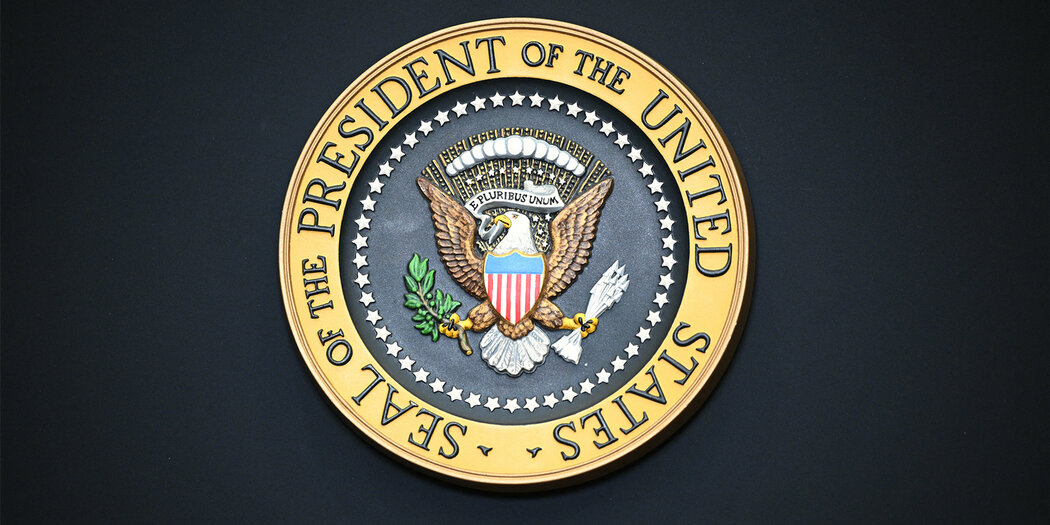Trump said he would be a dictator for a day. The Trump-selected Supreme Court has taken away the right for all Americans to be tried under the law and has ruled that one class of persons (maybe even one person) is immune from criminal prosecution. Both of these are huge threats to my freedom.
Trump tried in the past to take away my right to vote and have the votes of myself and Americans select our president and maintains he will do so in the future. Self-determination is a key freedom that I and other Americans enjoy. Trump tried in the past to take away the rights of people like my wife (an immigrant, now a citizen) and may try to again. While that isn't my freedom, or the freedom of my family (although I think there are parts of the Trump campaign who would like to take away their freedom, but I don't think Trump is included), it is the freedom of people who I consider my peers.
JM
Trump tried in the past to take away my right to vote and have the votes of myself and Americans select our president and maintains he will do so in the future. Self-determination is a key freedom that I and other Americans enjoy. Trump tried in the past to take away the rights of people like my wife (an immigrant, now a citizen) and may try to again. While that isn't my freedom, or the freedom of my family (although I think there are parts of the Trump campaign who would like to take away their freedom, but I don't think Trump is included), it is the freedom of people who I consider my peers.
JM









Comment